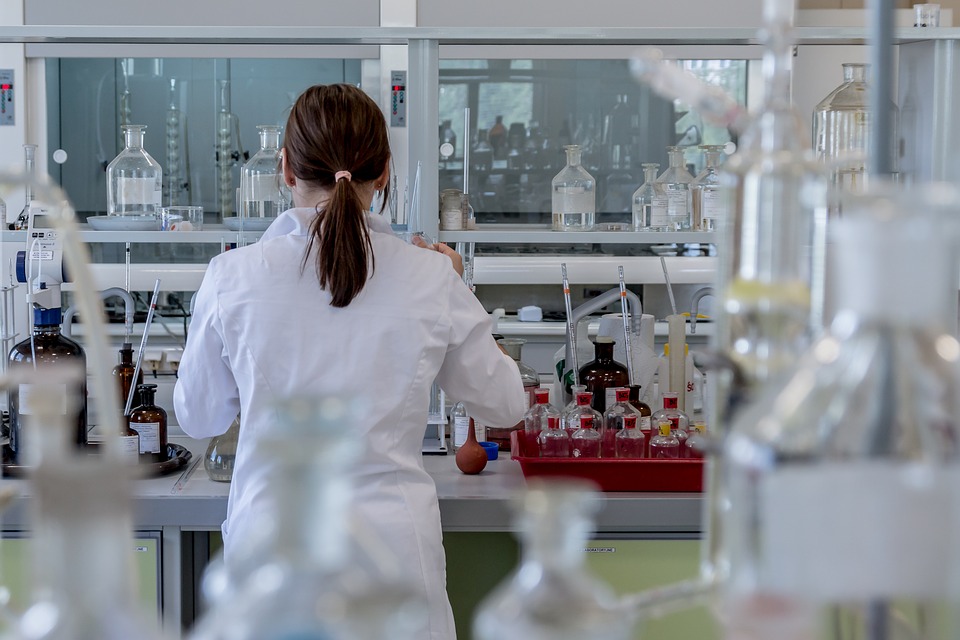Irish universities have purchased over 46,000 live animals for research use between 2017 and 2018, with Trinity and University College Cork (UCC) far surpassing the national average.
According to records released to Trinity News under the Freedom of Information Act 2014, University College Cork (UCC) purchased 22,946 live animals in total in 2017 and 2018 for use in research, while Trinity purchased 17,038 between October 2016 and October 2018, a significantly higher number than purchases made by other universities around the country.
The National University of Ireland, Galway (NUI Galway) purchased 5,101, while Dublin City University (DCU) and Maynooth University purchased 936 and 262 in the two-year period respectively. University of Limerick (UL) did not purchase any live animals for use in research during the same time period.
University College Dublin (UCD) released the value of its expenditure on live animals for use in research, which amounted to €107,000 between October 2016 and October 2018.
Speaking to Trinity News, Irish Anti-Vivisection Society (IAVS) Chairperson Yvonne Smalley said: “Irish universities and government regulators constantly spout PR rhetoric about reducing animal suffering in experiments to try to reassure the public. But, in reality, cruelty towards defenceless creatures continues relentlessly.”
“The situation at UCC is particularly harrowing, indicating a huge increase in the number of animals sacrificed over the last two years,” Smalley continued.
In October, Trinity News revealed that College had purchased 17,038 live animals between October 2016 and October 2018 according to records released to Trinity News under the Freedom of Information Act 2014.
In a statement to Trinity News accompanying the records, a spokesperson for College said: “Trinity uses animals for the purposes of biomedical research. This is in keeping with the practice of all Irish universities and leading universities worldwide.”
However, Trinity’s purchase of live animals outnumbers that of most other universities in Ireland, with the majority purchasing a total of 5,000 or fewer during 2017 and 2018.
Animals purchased by Trinity are used for biomedical research in areas such as Alzheimer’s disease, autoimmune diseases, therapies for arthritis and gene therapies.
Speaking to Trinity News, final year Human Health and Diseases student Alice Murphy said: “Talking to professors, some are really for using animals in research while others are uncomfortable with it. I think the general consensus is that unfortunately it is necessary because there is no other alternative at the moment in certain research.”
“We have such a good understanding of the pathogenesis of so many diseases because of animal studies,” Murphy continued. “But then again, I believe the ethical issues are really important as well.”
“I think the number of animals used should be reduced. Hopefully, with the advancement in technology, there will be no need for animal studies for scientific research in the future,” she outlined.
The University of Limerick (UL), which does not have a live animal facility, does not carry out research on live animals on its campus. UL purchased no live animals for research during the specified time period.
NUI Galway purchased 2,519 live animals for research in 2017 and 2,582 in 2018. Purchases in DCU and Maynooth University both decreased in 2018, with DCU’s falling from 641 to 295, and Maynooth University’s dropping from 226 to 36.
UCD spent €59,351.13 and €47,773.87 on rats, mice, and guinea pigs in each of its financial years respectively. Guinea pigs have not been purchased since 2017.
A spokesperson for UCD stated: “UCD recently invested in equipment to allow animals destined for euthanasia to be pre-anesthetised; this puts the university at the forefront of international welfare standards.”
Smalley described the use of animals in research as “crude” and “cruel” and called for “academia and government to honour their promises by implementing targeted strategies to reduce and replace animal suffering in labs”.
College did not respond to a request for comment at the time of publication.






